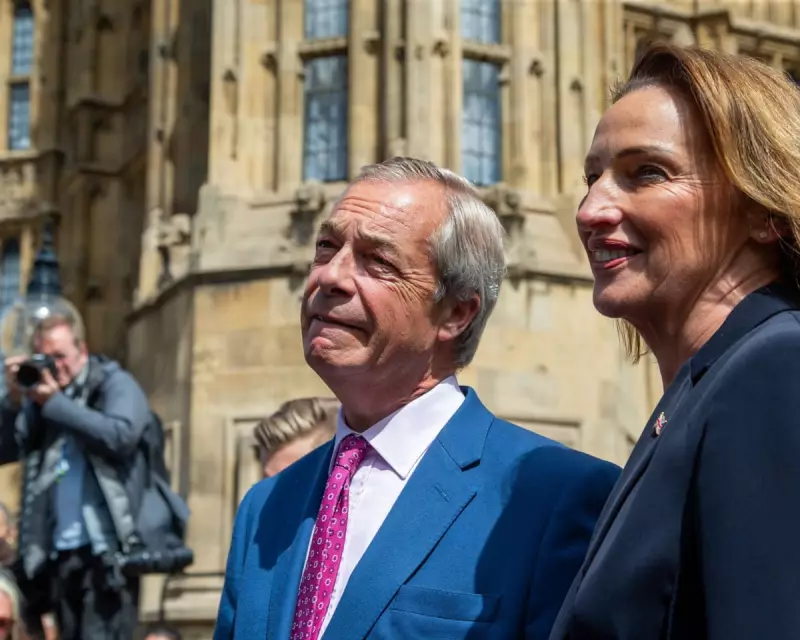
In a landmark move that could reshape British television advertising, the government has unveiled plans to revolutionise how racism and discrimination are tackled in TV commercials. The controversial 'intent' requirement that has long protected advertisers from discrimination claims is set to be abolished.
The End of 'Prove They Meant It'
For years, broadcasters and advertisers could only face sanctions for discriminatory content if regulators could prove they intended to cause offence. This legal loophole has allowed numerous questionable advertisements to escape proper scrutiny, according to equality campaigners.
The new legislation, spearheaded by the equalities minister, will empower regulators to take action based solely on the impact of the content, regardless of what the creators intended.
Beyond Tokenism: A New Era for Representation
This isn't just about punishing offensive content—it's about fundamentally transforming how diversity is approached in the £7 billion UK advertising industry. The government aims to move beyond what critics call 'tick-box diversity' where inclusion feels artificial or tokenistic.
The changes come amid growing public frustration with stereotypical portrayals and the under-representation of certain communities in television advertising.
What This Means for Broadcasters
- Regulators can act without proving malicious intent
- Greater accountability for harmful stereotypes
- Potential for more genuine, authentic representation
- Increased legal exposure for offensive content
Industry Reaction: Welcome Change or Regulatory Overreach?
Advertising executives are divided on the proposals. Some welcome the clarity and push for more meaningful inclusion, while others fear it could lead to excessive caution and stifle creativity.
One industry insider, speaking anonymously, warned: "This could create a chilling effect where advertisers avoid portraying diverse communities altogether for fear of unintended consequences."
However, equality advocates argue the current system has failed to keep pace with public expectations about representation and inclusion.
The Road Ahead
The legislation is expected to face scrutiny in Parliament in the coming months, with cross-party support likely given the growing public demand for authentic representation in media.
As one government source put it: "This is about ensuring our television screens reflect the modern Britain we live in, not the stereotypical version some advertisers still cling to."





